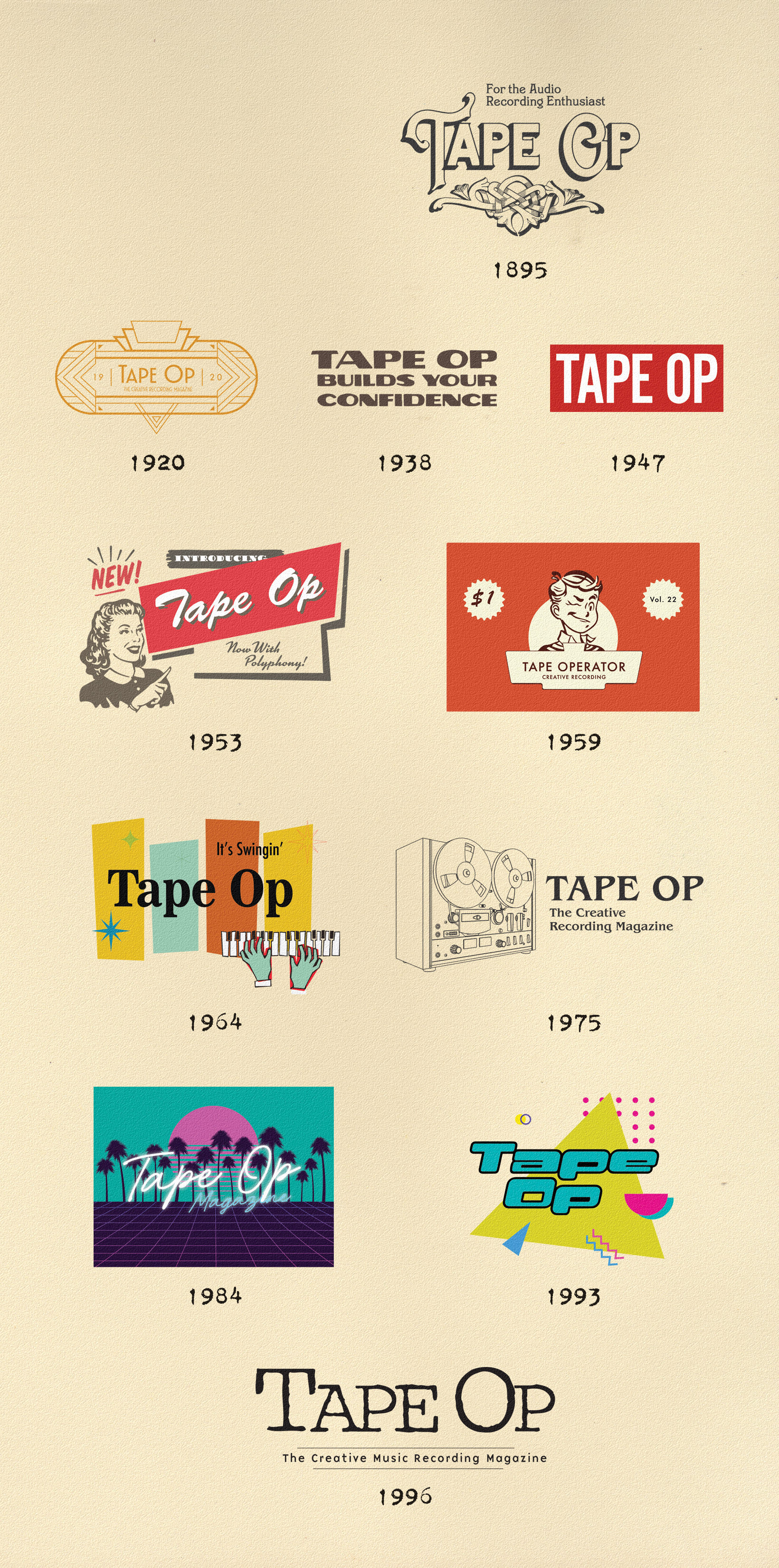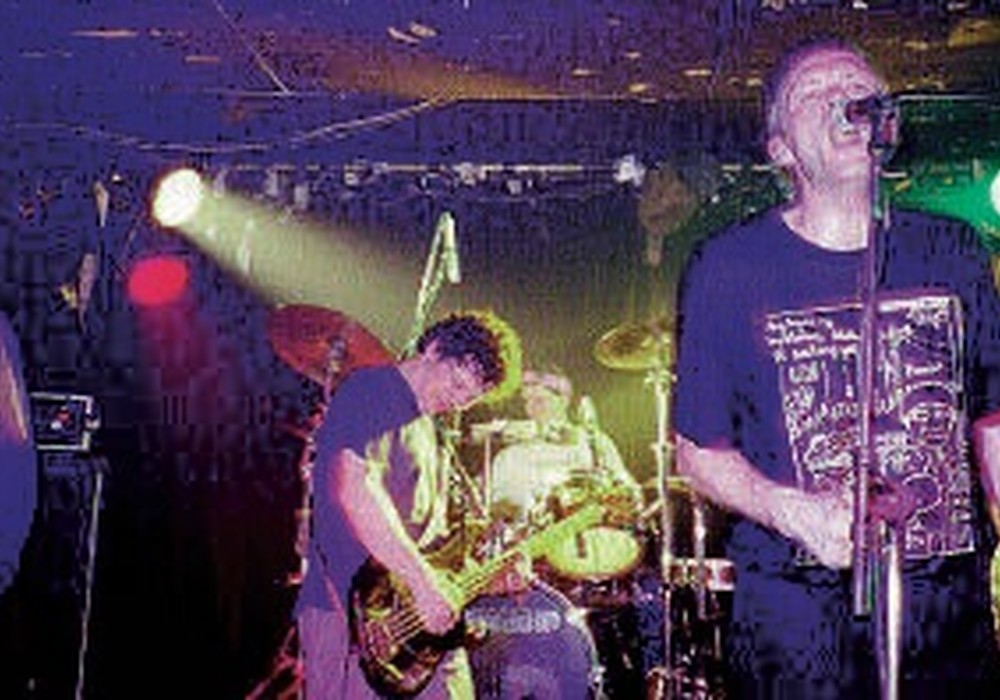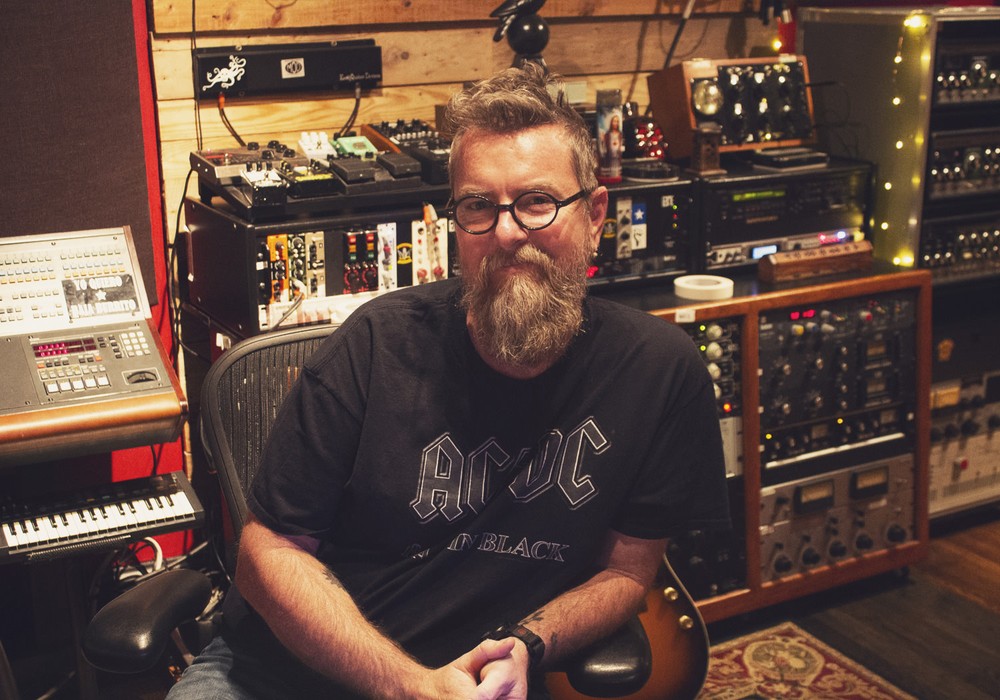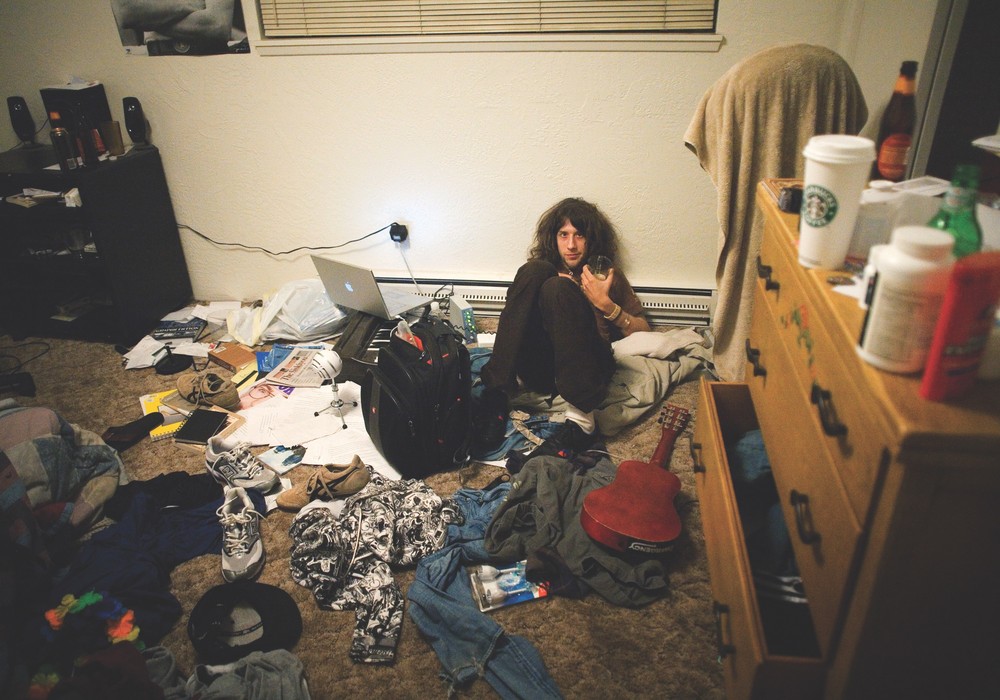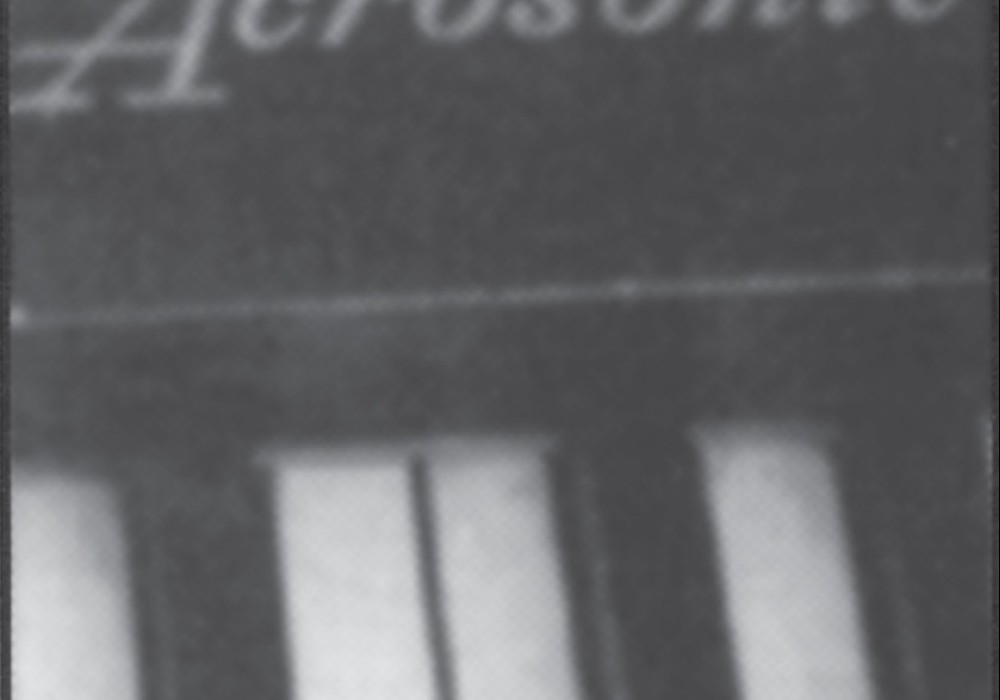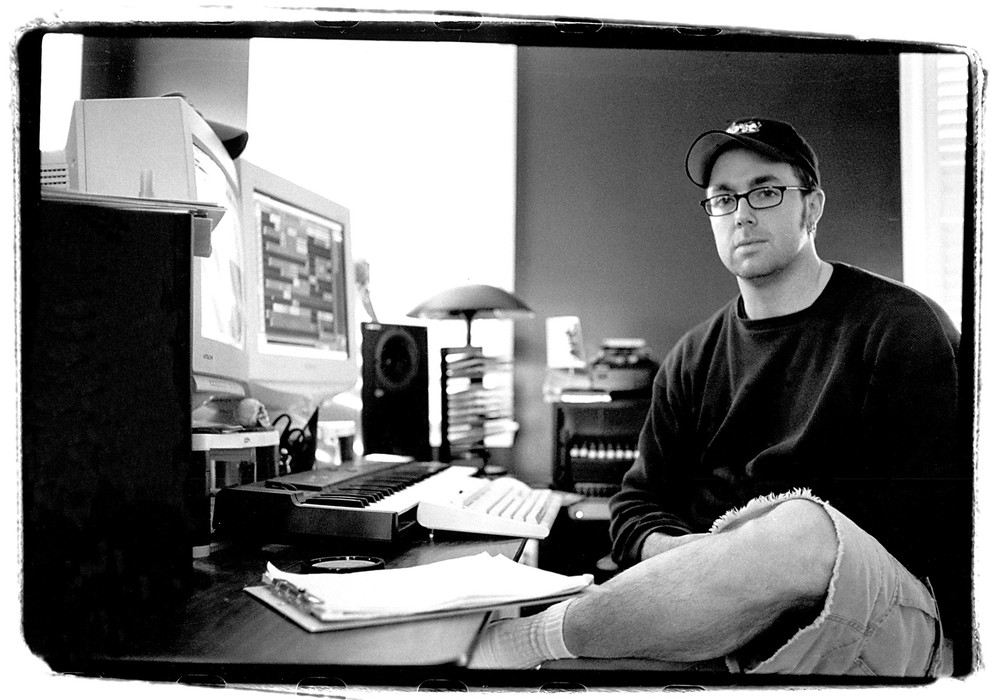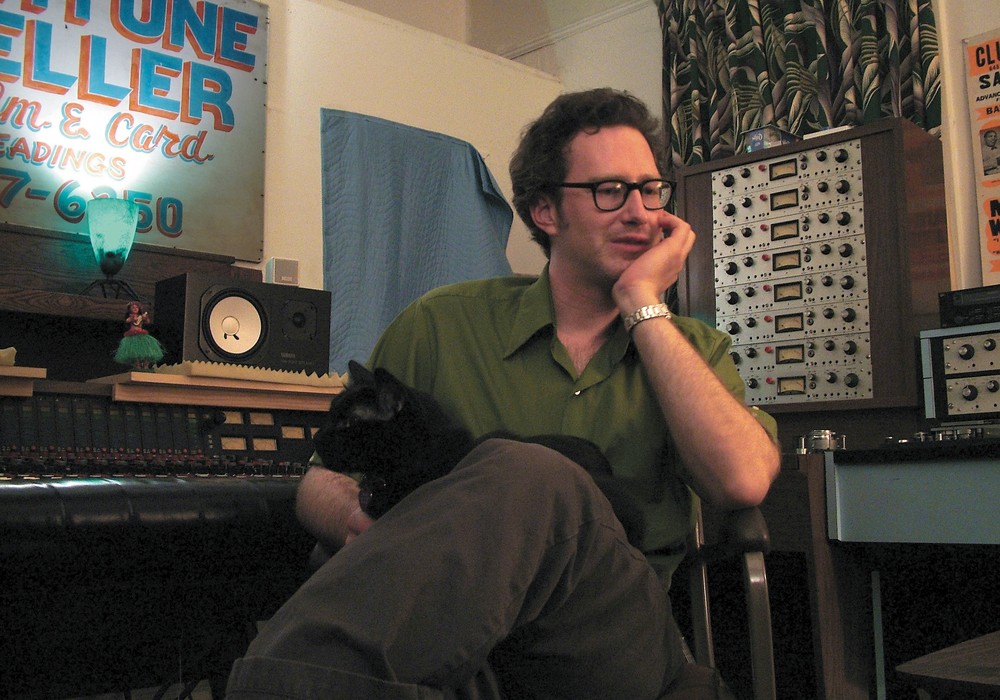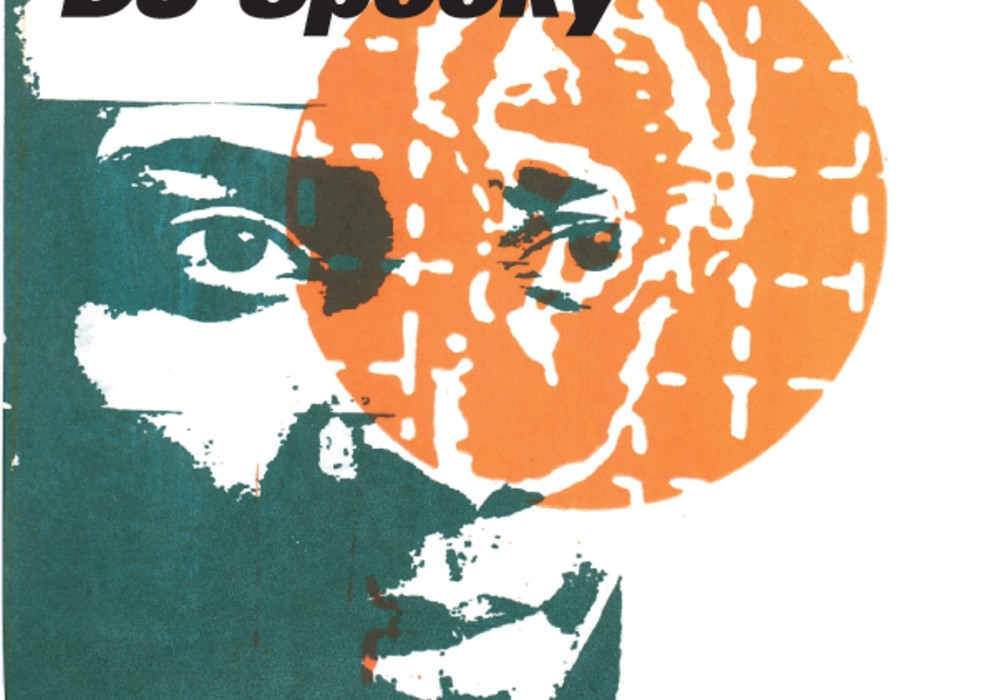Here are some helpful hints on how to reduce the prospect of your gear getting stolen. In the event it is stolen, here are a couple of ideas on how to affect a swifter recovery.Stencil Everything! The band's name, or the player's name, should be stenciled on every piece of equipment. On the back is fine, but use big letters. If possible, coat with a "teflon" spray after you stencil you mark on the unit (similar to the shit that New York City now coats the subway cars with to cut down on graffiti). It makes it much harder to "paint over" the stencil without doing damage to the cabinet.
Add a "dead bolt" or "lock pole" to the door of your rehearsal space. Make sure you give the management of the rehearsal complex a copy of the key for your added security. The hundred or two you spend on a locksmith could mean that some poor bastards down the hall get nailed instead of you. Thieves are an inherently lazy bunch, like electrons, they prefer to follow the path of least resistance.
Anytime you change band members, re-key the locks. In a situation where you're sharing a space with another band... make sure they're down with the program. There should also be a running list on the wall of who has keys. If anyone makes a copy of the key, be sure they add the name of who they gave that key.
Get an engraving tool and carve your name into anything without a serial number. If you're sure you're going to keep the piece for life... then carve your name into stuff that does have a serial number. Very few people are going to buy a 'hot guitar' with a big gouge on the back of the headstock that says some other guy's name. You can carve it into the back of the body as well. Same thing with amp heads, drums, drum hardware, any and everything you own.
Things like that are good for not only identifying your stuff as yours, but will impede any thief with a brain as it will bring less money when they go to sell it.
Make sure you have all of your serial numbers logged, and put into a safe place. Anything without serial numbers [like guitar effects pedals] can be given a "serial number" with that engraving tool. These made up "identification numbers" will be very helpful if your stuff is ever recovered. This way you can identify your stuff without dispute. Don't forget to write down the numbers and the gear they with which they correspond
Most stuff doesn't get stolen from rehearsal spaces, most equipment gets stolen from trucks. Back to the laziness thing... it's much easier to steal a loaded truck than to pack and move a bunch of stuff from a rehearsal space. Most stuff stolen from rehearsal spaces are actually done by your fellow musicians (how's that for a comforting thought). If the stuff seems like it was actually packed up before it was taken, then chances are you're looking at musicians. If you find things like cut power cords, or people obviously working very quickly and carelessly then they're probably "pro" thieves (although fast and sloppy is still in many a musician's realm of comprehension)
There are some very serious and professional gear thieves out there. If they want your stuff, color it gone. However, you can do a few things to slow them down. With a truck, that idiot club thing you see advertised on late night TV... well, it works. It still won't work against a serious professional thief (a can of Freon and a 5 lb. hammer will take care of it in under a minute), but it'll help.
If you own the truck, install "LoJack" (tm) and a 'kill switch'. A kill switch cuts the power to the starter solenoid so even if they pop the ignition, they can't actually start the truck (unless it has a standard transmission and you're parked on a hill... in which case a second kill switch can be added off the positive terminal of the battery... you usually want to locate that switch as close to the battery as possible). LoJack (tm) totally rocks. I know a couple of bands that have gotten their stuff back intact because they had LoJack (tm) on their truck. I also know a studio owner that has had LoJack (tm) installed in his consoles... but that's a story for another day.
When you stop at a hotel for the night, always back the truck in with the rear doors as tight up against a wall as possible. It's not too difficult to defeat the lock on the back door of a truck... but moving the truck to get in the back door might be a bitch if you have kill switches and "The Club" (tm) impeding their progress.
The other place equipment gets stolen is from gigs. If you're an opening act, or middle act, then your gear is going to be piled up in the room somewhere. Chances get pretty good that if someone decides they liked your guitar on stage, they can just walk out of the bar with it... no problem. How do you avoid that? This one's pretty easy, you have someone sit with the equipment all night. There, that's not too tough now is it. You may want to make sure that whoever gets sentenced to watching the gear is taken care of. Bring them a couple of drinks if they're drinkers... if you meet some cute girl and her friend, wander over to the gear so our "centurion" has some kind of chance to get laid... be a good band mate.
On a similar note is "the bonehead factor" ("oh shit dude, I think we left my bass at the bar"). In addition to going around the club and doing an "idiot check", you might want to number every piece of gear. Give every case, every box, every piece of gear a number. Make a sheet with all the numbers with a brief description of the gear. Now take it to the copy shop, and get a few hundred copies made. For every show, there should be one copy for that show. Log the stuff into the gig, as well as out. That way if you are sharing some gear with one of the other bands you'll know what you brought in, and what you didn't. Sometimes "#17 Marshall 50w head" was left back at the rehearsal space because your band was sharing stage gear with another band on the bill. By counting the gear in and out, you'll have fewer losses due to misunderstandings, and/or less wasted time looking for shit that was never brought in.
Last but not least... make sure your stuff is insured. Be a month behind in your rent... drink the world's cheapest beer instead of Heineken (tm), go without a car... but make sure your shit is insured. In theory, these are the tools you hope will be your livelihood. Take care of your tools, and they'll take care of you.
Interviews | No. 19
The Ex
by Heather Mount
It made sense that in the summer of 1999, the 10th anniversary show of the current line-up of The Ex took place in Amsterdam and included Shellac as well as a host of great experimental Dutch...
